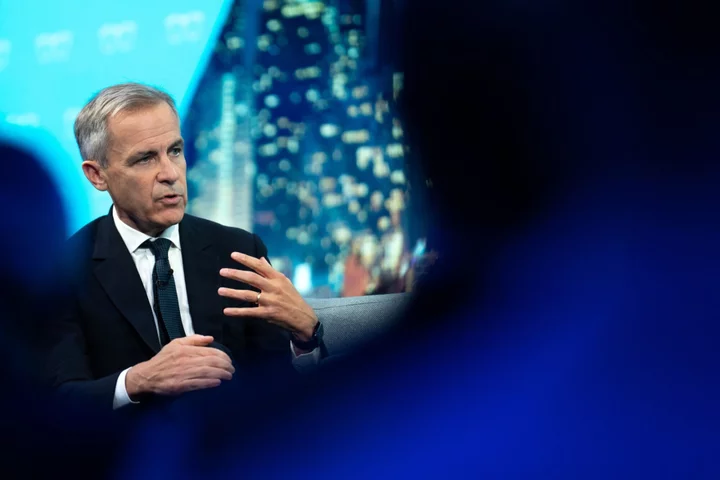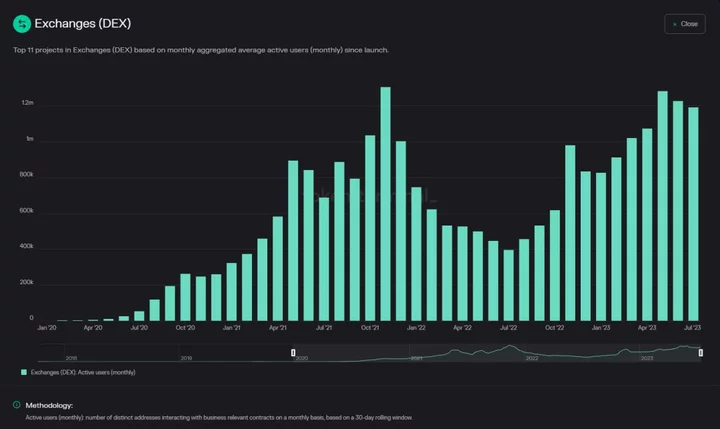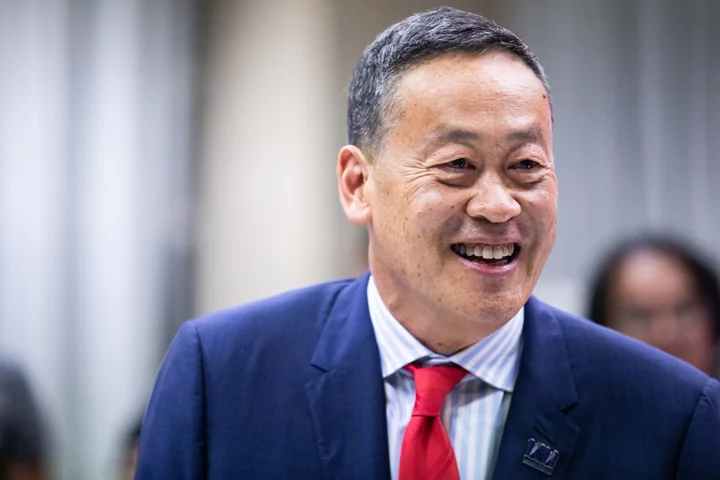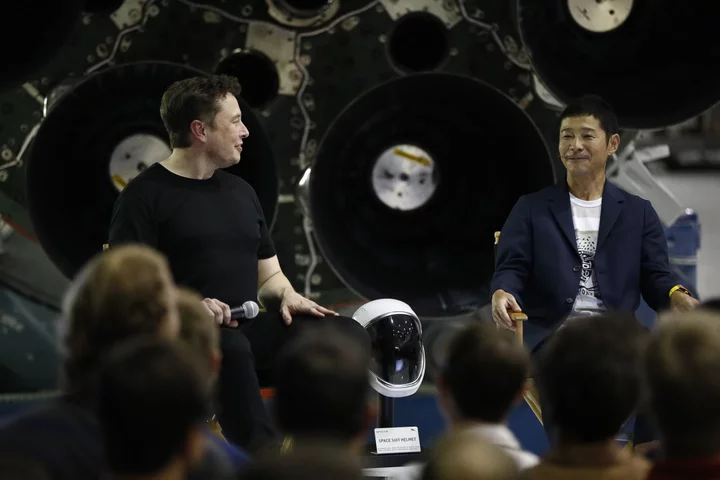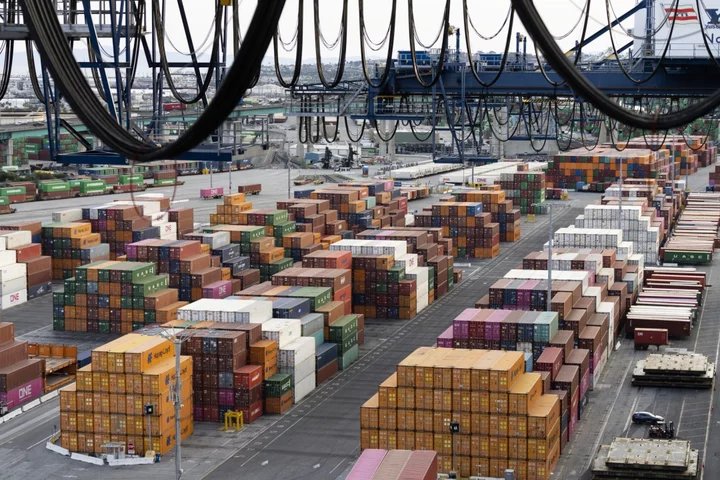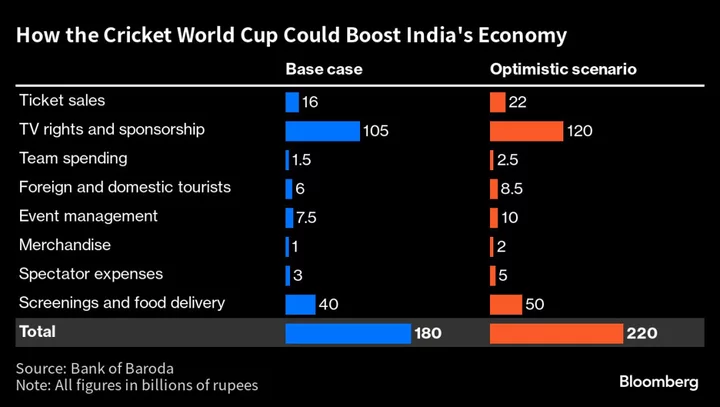Former Bank of England Governor Mark Carney has accused Rishi Sunak of questionable economics over his decision to postpone environmental measures and start drilling for oil in the North Sea.
Speaking to The Policy Institute at King’s College London, Carney said the UK prime minister’s plans to delay a ban on new petrol and diesel vehicles was “disappointing” and that the new stance on climate action may deter investment in the UK.
Approving a drilling licence for the Rosebank oil field and promising more “can be called into question from an economic perspective, let alone an environmental one,” he added.
Carney, the United Nations special envoy on climate action, has led global efforts to bring financial markets into the campaign for net zero since he was at the BOE between 2013 and 2020.
He has worked with Michael Bloomberg, the founder and majority owner of Bloomberg News parent Bloomberg LP, on the Glasgow Financial Alliance for Net Zero and has been named chairman of Bloomberg Inc.’s board.
The UK was a leading nation in “forging a consensus around net zero,” Carney said. “The government has now fallen back a bit.”
In the last month, Sunak has pushed a ban on new combustion engine cars from 2030 to 2035, postponed requirements for landlords and homeowners to insulate their properties and upgrade boilers, and has promised hundreds of new licences to drill for oil in the North Sea.
Carney suggested that the government’s new stance could hurt business investment in the UK.
‘Difficult Discussion’
“What I find when speaking to companies is their first question is: Am I getting clean power? If you start throwing that into doubt it becomes a much more difficult discussion,” he told The Policy Institute. “The UK was in that camp, now it’s blurred around it.”
On the delays to petrol car bans and insulation, he said: “What was disappointing is the government said we are not going to do certain things but they didn’t swap in alternative.”
Doing so makes it look like the green transition is a trade-off when Sunak’s renewed commitment to net zero by 2050 makes clear it isn’t. Creating the appearance of a trade-off focuses attention on visible prices, which complicates the challenge.
Sunak’s reversal was a wasted opportunity because “if you are credible and make a credible forward commitment the markets do most of the work for you,” Carney said. “There was little weight given in the communication of that.”
Drilling new wells in the North Sea makes no sense because the world will hit peak oil this decade according to the International Energy Agency, he said.
That will leave the UK with a “stranded assets problem” when the rigs will have to be decommissioned, which raises questions about “the wisdom of exploring new fields.”
(Corrects story published Oct. 5 to show Carney has been named chairman of Bloomberg Inc.’s board)

